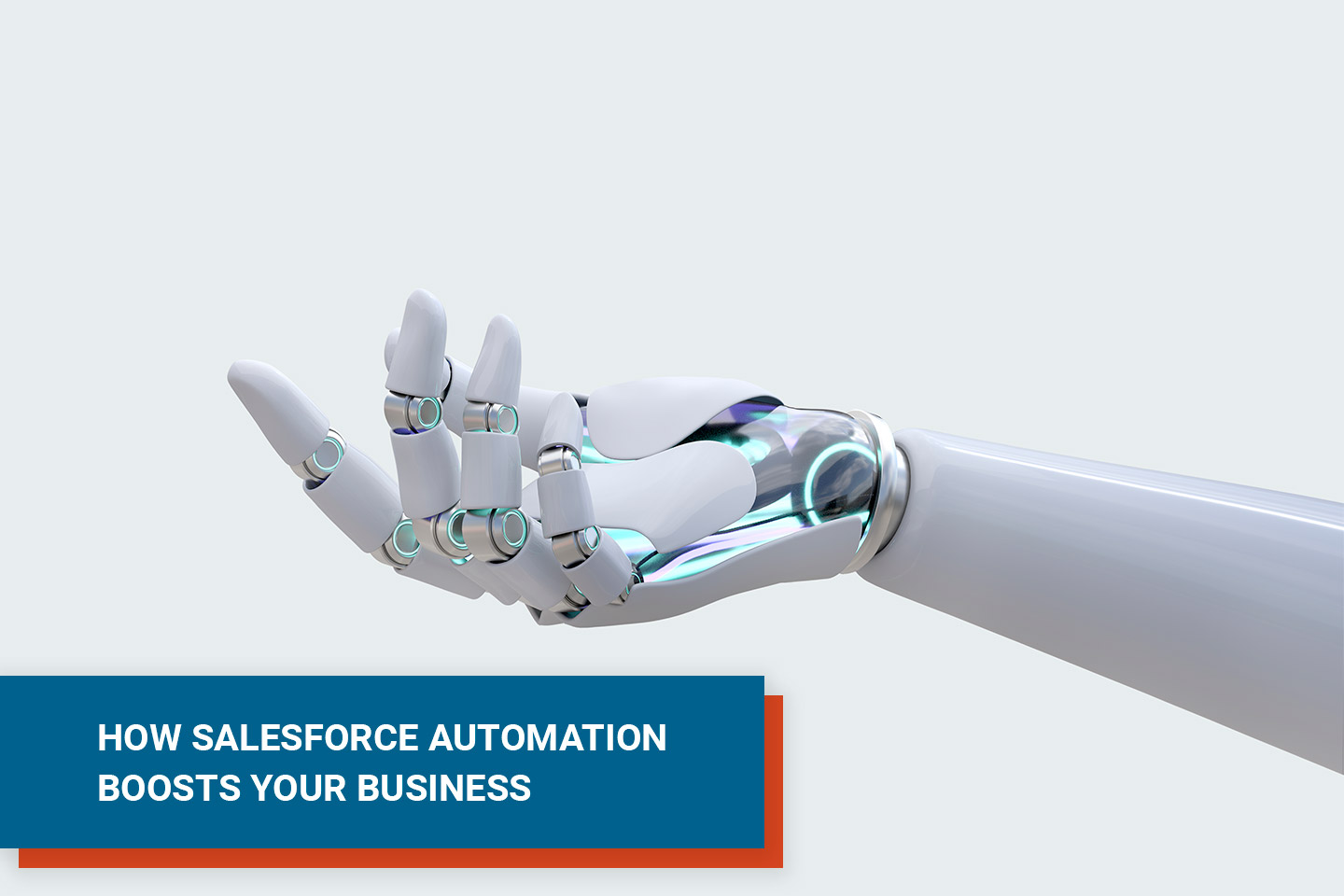Customer experience automation: boost automation and sales
 Igor Krasnykh
·
3 minute read
Igor Krasnykh
·
3 minute read

B2B and B2C companies are under constant pressure to not only meet customer expectations but to exceed them in ways that drive loyalty and profitability. One proven way to achieve this? Customer experience automation. By leveraging technology to streamline sales processes, businesses can improve satisfaction, increase efficiency, and significantly boost sales.
1. Personalized interactions at scale

Why it matters
Customers today expect interactions with brands to feel personal and relevant. They are more likely to purchase from a company that offers a personalized experience. However, scaling personalized interactions across hundreds—or even thousands—of customers is nearly impossible without automation.
How automation helps
Automated tools like customer relationship management (CRM) systems, AI-driven chatbots, and email marketing platforms enable businesses to segment customers and deliver tailored experiences. Personalized automation leads to higher customer satisfaction, improved conversion rates, and increased average order values.
For example, an online retailer might use an automated recommendation engine powered by AI to suggest products based on a customer’s browsing and purchase history. This not only enhances the shopping experience but also increases the likelihood of upselling and cross-selling.
2. Streamlined customer support

Why it matters
Quick and effective customer support is essential for maintaining trust and loyalty. A poor support experience can lead to lost customers, while exceptional service can turn one-time buyers into lifelong advocates.
How automation helps
Automation can speed up and optimize customer support processes in several ways:
- Chatbots can provide instant answers to common questions
- Automated ticketing systems ensure issues are routed to the right department
- AI-powered tools can analyze customer sentiment and prioritize urgent cases
Streamlining support not only reduces response times but also frees up human agents to focus on high-value interactions, improving both customer satisfaction and operational efficiency.
For example, a SaaS company can integrate an AI-powered chatbot on its website to handle a majority of customer inquiries without human intervention. Complex issues are seamlessly escalated to live agents, who are equipped with detailed customer profiles for faster resolution.
3. Effortless post-purchase engagement

Why it matters
The customer journey doesn’t end with a purchase. Follow-up engagement is critical for fostering loyalty and encouraging repeat purchases. However, many businesses struggle to maintain consistent communication post-sale.
How automation helps
Automating post-purchase processes ensures customers feel valued and supported, without requiring constant manual effort. Automated engagement helps build stronger relationships, increases customer lifetime value, and reduces churn. For example, a subscription box company can send automated renewal reminders along with exclusive discounts to its subscribers. They can also use an automated feedback survey to refine future offerings based on customer preferences. Common examples of automations include:
- Automated thank-you emails after a purchase
- Trigger-based feedback requests to gather insights
- Personalized offers based on previous purchases
4. Faster sales and checkout processes

Why it matters
Time is money, especially in a competitive market. Lengthy or complicated sales and checkout processes can lead to cart abandonment or loss of potential clients.
How automation helps
From automated form filling to one-click checkouts, automation simplifies the sales and payment experience. Tools like sales automation platforms can accelerate lead qualification and proposal generation. Faster, hassle-free processes reduce friction, enhance the user experience, and directly impact conversion rates and revenue growth.
For example, an eCommerce store can implement an automated cart recovery system that sends reminder emails to customers who abandon their carts, complete with personalized discount codes. Meanwhile, a B2B company can use CRM tools to automate follow-ups with leads, reducing the sales cycle.
5. Enhanced data-driven decision making

Why it matters
Making informed decisions is vital for businesses looking to stay ahead of the curve. However, gathering and analyzing data manually can be time-consuming and prone to error. Automated data analysis empowers businesses to make smarter, faster decisions, resulting in better customer experiences and increased sales.
How automation helps
Automation tools can collect, analyze, and present data in real-time, allowing businesses to understand customer behavior, preferences, and pain points. Platforms with analytics dashboards and marketing automation software provide actionable insights that drive strategy, personalized communications, and marketing campaigns.
For example, a B2C company can use marketing automation software to track customer interactions across email campaigns, social media, and its website. The insights reveal which campaigns are driving the most conversions, enabling the company to focus its resources more effectively.
How TechNWeb can support your automation needs
By automating key aspects of your customer experience, you can:
- Decrease operational overhead, freeing up resources for growth
- Improve efficiency, making processes seamless and error-free
- Boost revenue, thanks to enhanced customer satisfaction and loyalty
Ready to transform your customer experience?
Book a complimentary consultation with our team today. We’ll help you identify opportunities for automation, tailor solutions to your unique needs, and set your business on the path to success.



